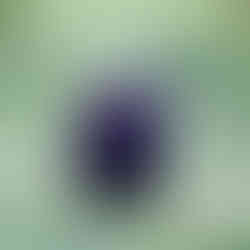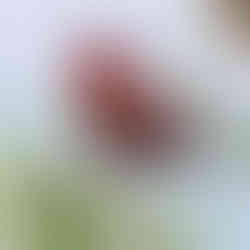BACK TO NATURE - NT Winterval
- Ronalyn

- Sep 29
- 2 min read
By Jamie Walker
At a quarter past five in the morning, Darwin’s waterfront was a warm, black expanse splashed with yellow pools of streetlamp light. Pairs of Bush Stone-curlews stepped out of my way on long legs. Their stare was anxious and quizzical.
As I crossed an open, mown area, a loud whirr of wingbeats told me I had just flushed a Brown Quail, and a loud ‘Wup-wup’ call, moving from tree to tree, traced the late travels of a Barking Owl.
As daybreak approached, I experienced ‘false dawn’- that period when the black of night visibly lightens into grey but still lacks any sign of the sun. The owl’s calling moved away into the distance, becoming faint but still clear in the absence of ambient town noise.
This bird was going home.
The true dawn arrived as a deep pink flush, before the sun finally rose. I didn’t notice the darkness leave: suddenly, it was no longer around me and the Stone-curlews were gone.
Later in the day, a walk in the same area produced many butterflies – vivid navy Oakblues and a sandy-orange species called the Tawny Coster, which has spread south-eastwards from its origin in Sri Lanka. In Australia, its arrival is so recent that it isn’t in the Field Guides yet.
An enthusiastic local birder showed us many new (for us) birds in the savannah bushland on the City’s edges. There were Lemon-bellied Flycatchers, Rufous-banded
Honeyeaters and superlative Crimson Finches.
On an evening trip to Fogg Dam, our knowledgeable guide found Saltwater Crocodiles,
Pied Herons, Water Buffalos, a Black-necked Stork standing in its nest and, best of all, a pair of those Barking Owls, roosting by the dam itself. We returned in darkness once again. In the headlights, there were Nankeen Night Herons hunting on the track and a pair of Brown Falcons sleeping on telephone wires.
Australia is a beautiful country for those of us who love nature. Without being troubled by borders, visas, customs and all the rest, we can move through many rich and varied biospheres and see different things at each step. And there is something wonderful in our own backyard, wherever we live.
Of course, much of the natural world in this country presents a harsh, unyielding face; and it is easy to understand how some people still see nature as an enemy, or something to be essentially challenged and enjoyed only with a helping of adrenaline.
But all of our nature is worth preserving; and there is really no good reason why any of it need be lost. Yet we cannot rely on politicians, business, agriculture or industry to save it; their interests and attention are wholly elsewhere. In the end, nature can only be preserved by the organisation and insistence of appreciative people – by us.
Note: A great start would be to stop using rodent poisons. Owl numbers are falling everywhere, because they eat the rats and mice whose bodies contain the lasting chemicals we put down for them. The subsequent build up of poison in an owl’s system ensures a slow and unpleasant death – all preventable if we shun these products.





























Comments